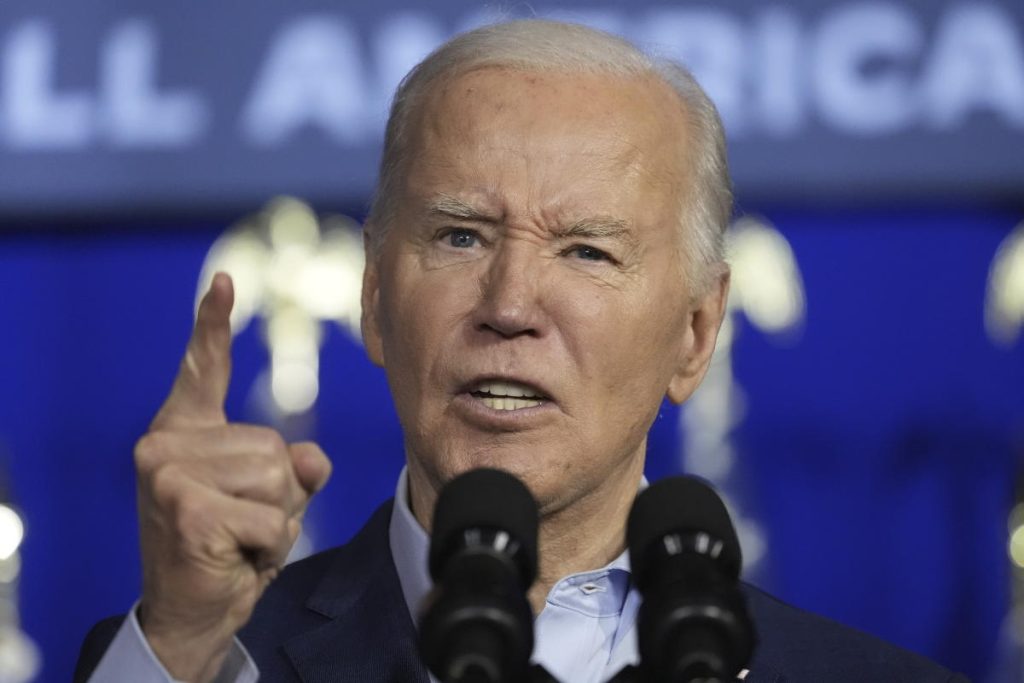President Joe Biden is planning to triple tariffs on steel from China to protect American producers from cheap imports. This move is aimed at protecting American manufacturing from unfair trade practices rather than simply pleasing a union audience. In addition to boosting steel tariffs, Biden also plans to triple levies on Chinese aluminum. The administration also intends to pursue anti-dumping investigations against countries and importers attempting to saturate existing markets with Chinese steel.
The administration believes that China’s policy-driven overcapacity poses a serious risk to the American steel and aluminum industry. Beijing’s economic downturn has led to China trying to export its way to recovery, distorting markets and eroding competition. Higher tariffs can lead to increased prices for steel and aluminum, potentially impacting the costs of cars, construction materials, and other key goods for U.S. consumers. This protectionist approach taken by Biden echoes the playbook of his predecessor, Donald Trump.
Biden’s announcement follows efforts by his administration to support a Taiwanese semiconductor giant in expanding facilities in Arizona to ensure advanced microchips are produced in the U.S. This move is seen as a way to compete with Chinese chip manufacturers. Treasury Secretary Janet Yellen has warned against oversaturating the market with cheap goods, noting that low-cost steel has negatively impacted industries worldwide and in the United States. China has expressed concern over restrictions imposed by the U.S., and U.S. Secretary of State Anthony Blinken is set to visit China.
Biden’s opposition to Japanese Nippon Steel’s proposed acquisition of U.S. Steel shows his commitment to keeping American steel companies domestically owned and operated. In a rally in Pennsylvania, Trump criticized Biden over the merger, despite the president’s reservations about it. The administration’s approach to the tariffs on steel and aluminum from China is strategic and balanced, seeking to address China’s overproduction and unfair trade practices without causing major economic risks. China currently produces half of the world’s steel and sells it for below market prices, impacting global competition.


